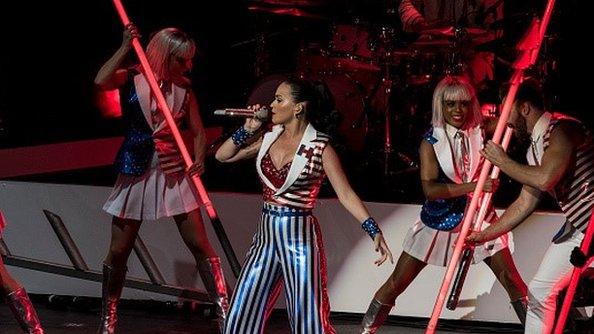Taylor Swift joins copyright law plea
- Published
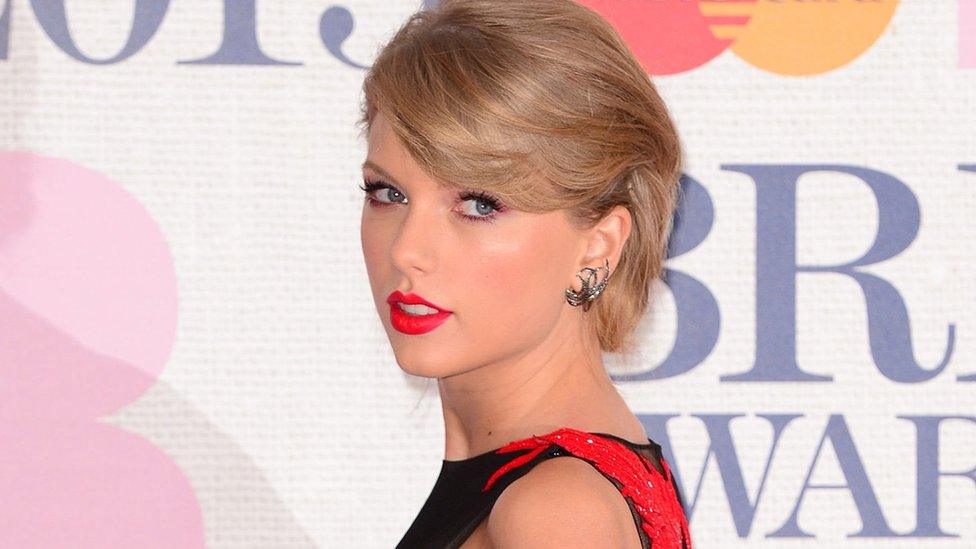
Taylor Swift has called for copyright law reforms
Musicians including Taylor Swift, U2 and Sir Paul McCartney have called for online copyright laws to be reformed.
More than 180 artists have signed an open letter, external criticising the Digital Millennium Copyright Act (DMCA).
They claim the law benefits companies that "exploit music for their financial enrichment", but not artists.
One journalist said the music industry was "making mischief" to get more money from sites such as YouTube.
Falling revenues
At the heart of the open letter is a claim that "music consumption has skyrocketed" but the money earned by writers and artists has "plummeted".
Figures from the Recording Industry Association of America (RIAA) show that CD sales in the US fell from $13bn (£9bn) in 1999, to $1.5bn in 2015. Paid music subscriptions and downloads totalled $3.4bn last year, failing to make up the shortfall.
The open letter appears to lay the blame on the DMCA, which protects websites from being sued if users upload copyright music.
It has been published at a time when the US congress is evaluating the DMCA, and record labels are renegotiating deals with YouTube.
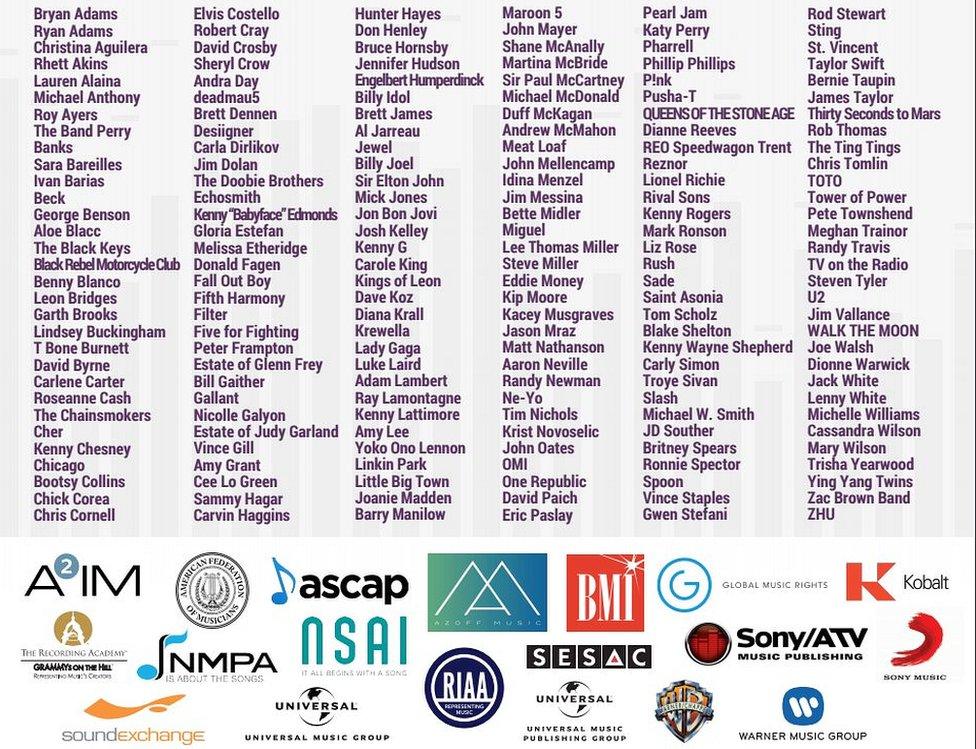
The letter has an all-star list of signatories
The letter has been signed by major record labels and a variety of singers including Cher, Lady Gaga, Engelbert Humperdinck, Britney Spears and Sir Elton John.
'Impossible'
The DMCA has a so-called "safe harbour" provision that stops websites being held responsible for copyright infringement by their users.
A website cannot usually be blamed if its users upload copyright music or videos - as long as the site removes the infringing content when it becomes aware of it.
The open letter said musicians did not have the resources to search for copyright infringement and then report it to websites.
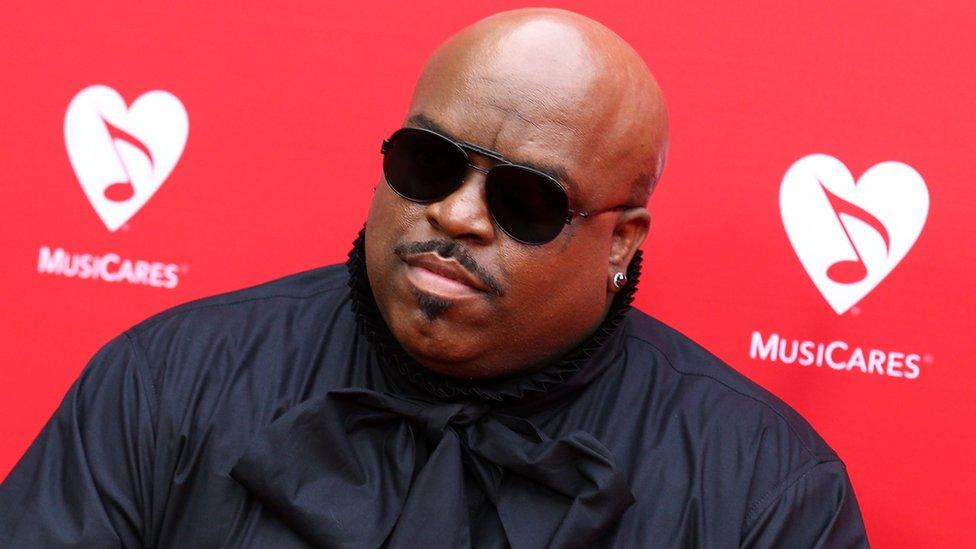
Singer Cee Lo Green has signed the letter
"It's impossible for tens of thousands of individual songwriters and artists to muster the resources necessary," it said.
The letter comes a week after a US federal appeals court ruled that video sharing site Vimeo could not be held responsible, external for pre-1972 music recordings uploaded to the site by its users.
Automatic tools
Critics of the open letter have highlighted the fact that some websites already offer tools that can automatically detect copyright infringement.
"YouTube offers sophisticated tools that not only allow the music industry to zap unauthorised videos but, if they choose, to insert ads to make money off them instead," wrote law reporter Jeff Roberts, external in Fortune.
YouTube has previously explained that 99.5% of copyright claims on its platform are dealt with automatically, and that in 95% of cases the music industry puts ads on unauthorised uploads rather than blocking them.
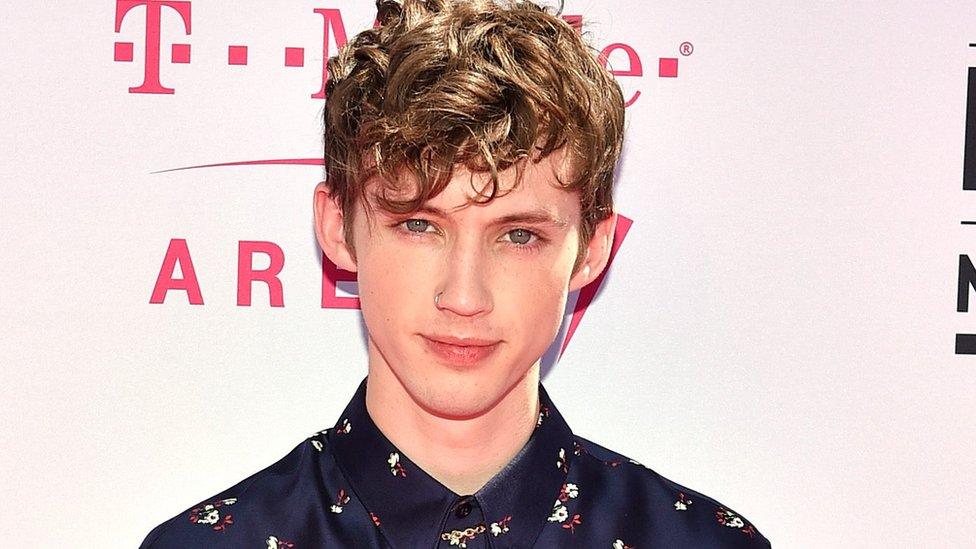
Troye Sivan, who rose to stardom on YouTube, has signed the open letter
Facebook has said it is developing its own content detection tools, which are currently available to selected media partners - and there are third party tools such as Kobalt, external, which record labels can use to trawl social media sites and detect copyright music.
"The bottom line is that the music industry is still coming to terms with how to make up for the loss of CD sales, which provided labels with enormous profit margins they have been unable to reproduce in the digital era," wrote Mr Roberts, external.
"That's a problem for the industry, but not one that will be solved by misguided attacks on YouTube and the DMCA."
The open letter was printed in a number of publications distributed in Washington DC on Tuesday.
- Published12 May 2016
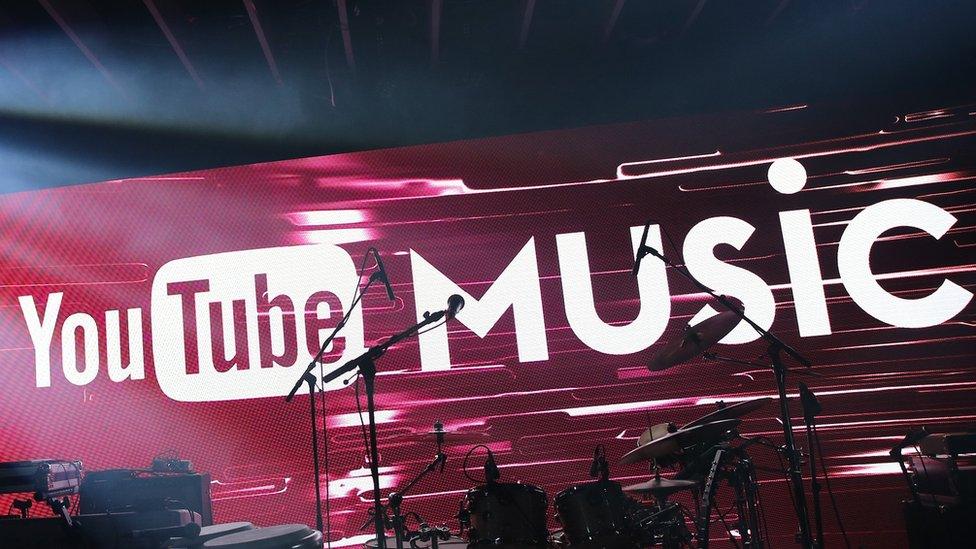
- Published20 November 2015
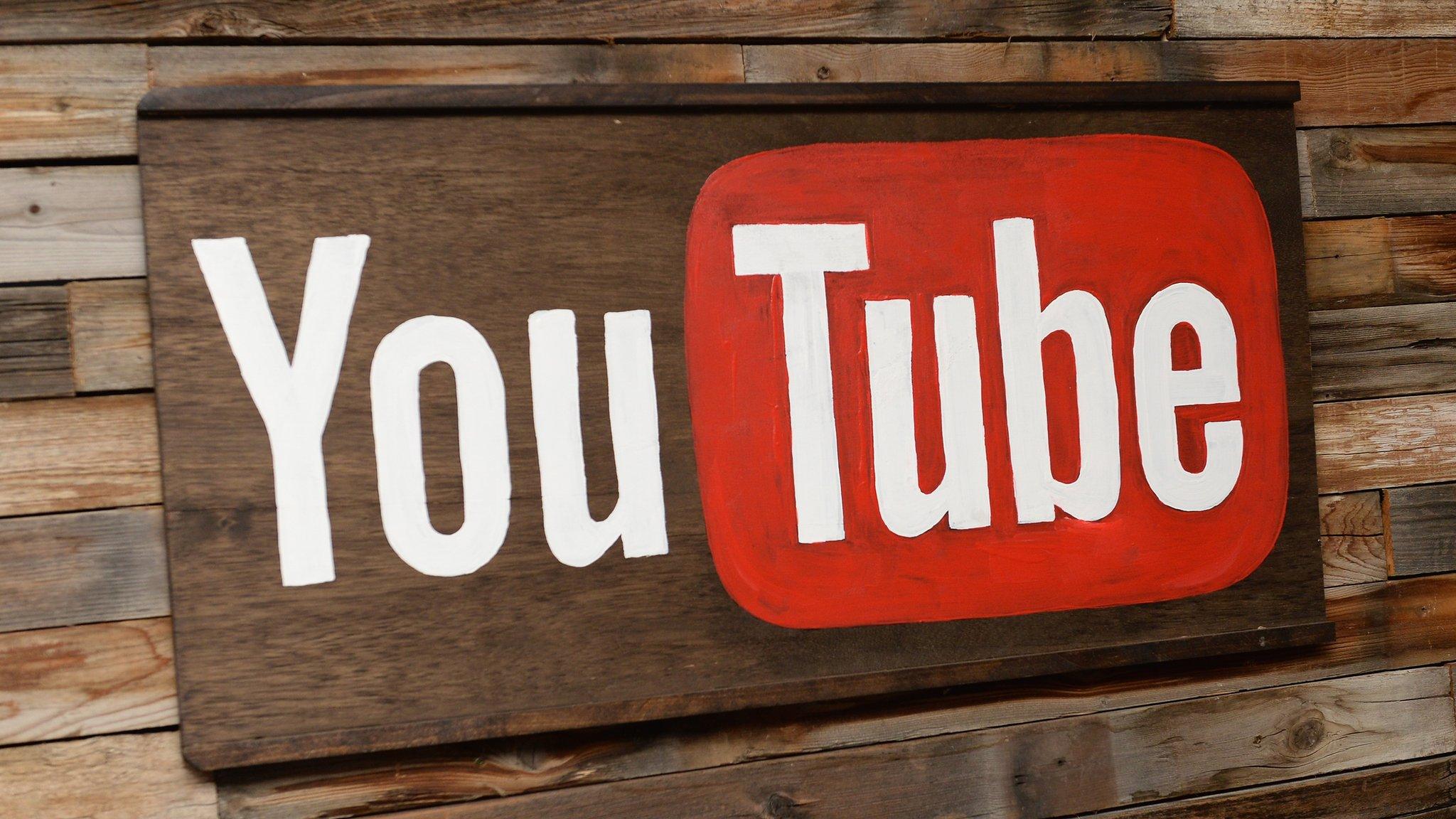
- Published1 April 2016
